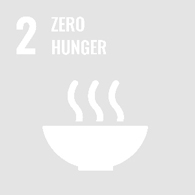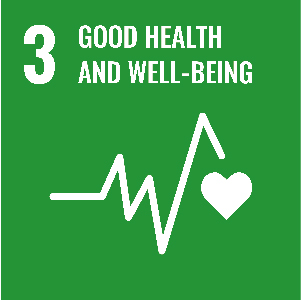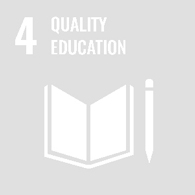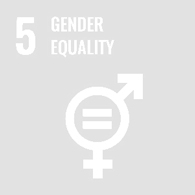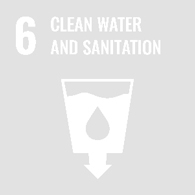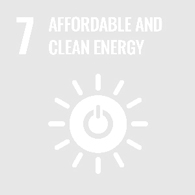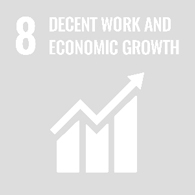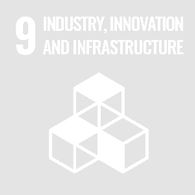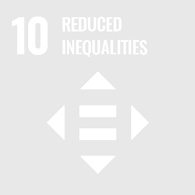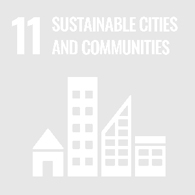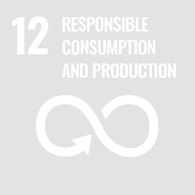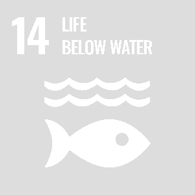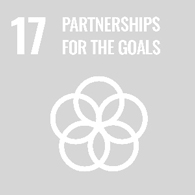Safety & Health
Our network of safety officers investigates and records all safety-related incidents at Messer. Information and training materials help to further improve the safe handling of our products and applications and promote safe behavior among employees at the various workplaces.
The total number of reported accidents at work resulting in absence from work at Messer rose from 47 in 2022 to 54 in 2023. The rate of employee absence from work per million hours worked (accident frequency rate) rose from 2.05 in 2022 to 2.32 in the reporting year. The number of lost working days (occupational accident severity rate) per million working hours rose from 70.07 in 2022 to 83.44 in 2023. A total of 106 reportable occupational accidents were registered in 2023, 10 more than in the previous year. The accident frequency rate of reportable workplace accidents per million hours worked rose from 4.20 to 4.55.
In Asia accidents with lost time injuries (LTI), recordable workplace accidents (RWI), product-vehicle accidents (PVA) and process accidents, such as O2 fires or damage to process equipment, were once again significantly reduced. RWI and process accidents fell to zero. Road traffic accidents are a focal point, which is partly due to the continued increase in the number of road users. The following measures were taken in 2023 to further improve the KPIs relating to employee health and safety: the reporting of accidents and near misses as well as the associated investigations were added to the leading KPIs. The digital accident management tool INTELEX was introduced. Special safety training materials were developed, and safety training courses were held specifically for activities with a high accident rate.
In Europe, several measures were taken to increase safety awareness. These include the COMPASS concept, safety information, safety walks, audits, and workshops, as well as support in identifying the causes of accidents. The main causes of accidents resulting in lost time were the handling of gas cylinders, tripping and slipping.
In the Americas, continued measures for accident prevention and consciously safe behavior at work focused on the most frequently occurring injuries: slips, trips, and strains/sprains. There was also a focus on employees working for Messer for the first year. This was done through onboarding, training, and coaching, especially for employees with the highest accident risk. The “Safer Together” program and behavioral observations were also emphasized, early indicators were used to improve the safety culture. The collaboration with Gallagher Basset was continued with a view to achieving the most efficient case management possible.
Messer is an active member of the EIGA (European Industrial Gases Association), the IOMA (International Oxygen Manufacturers Association), the AIGA (Asian Industrial Gases Association) and the CGA (Compressed Gas Association). Our experts regularly exchange experience and knowledge, as the protection of our employees, the safe manufacture, use and handling of our products and responsible action are important parts of our corporate values.
The safety of the people who work with our industrial gases is of paramount importance to Messer. That is why we are also raising awareness of the safe handling of gas cylinders among our customers.
In addition to complying with legal regulations, Messer uses a proven transportation safety concept. In Europe we are committed to paying particular attention to the safety of our vehicle fleet as part of the European Road Safety Charter. The safety measures we have developed for logistics at national and international level include a constant exchange of experience between logistics and safety personnel with the aim of further improving safety in this area.
While Messer’s American companies use their own personnel to transport gases, external companies are primarily entrusted with this task for other regions. They are also responsible for providing the legally required training for drivers.
We supplement this with a driving training program developed by Messer for Europe. It is supported by an on-board computer system that records safety-relevant driving data. Based on driving data and integrated sensors, it also prompts drivers to adapt their driving style during the journey. This makes our transports even safer and helps to consume less fuel. The on-board computer system contributes to reducing the absolute number of accidents and further improving the accident frequency rate, as do suitable supplier management, training courses and manuals for drivers with individually tailored content for the operation of bulk, cylinder or service vehicles, as well as technical aids to reduce the absolute number of accidents and further improve the accident frequency rate.
Since 2023 the division responsible for logistics in Europe has also held several local workshops focusing on transport safety each year. The aim of these events is to develop potential improvements for logistics safety in a cooperative environment and to improve performance in this area with targeted measures.
In 2023 the number of avoidable accidents during the transport of our cylinder gases worldwide was 53, compared to 56 in the previous year. This slight improvement is reflected in the accident frequency rate per million kilometers driven, which fell from 1.59 in 2022 to 1.47 in the reporting year. The number of avoidable accidents involving the transport of liquefied gases was 186 in 2023, compared to 193 in 2022. This development is confirmed by the frequency rate per million kilometers driven: It fell from 0.96 in the previous year to 0.91 in 2023.
Messer advises its customers in the medical sector, supplies gases as medicinal products or medical devices, plans, assembles and maintains supply systems and offers medical accessories and consumables as part of a complete service package - in more than 20 countries.
Our activities in the pharmaceutical sector fulfill the relevant requirements at national, European and international level. This applies in particular to the requirements of European Good Manufacturing Practice (EU-GMP) and the specifications of the European Pharmacopoeia. As a medical device, our gases comply with the Medical Device Regulation (EU 2017/745), the previously applicable Medical Device Directives and the corresponding national laws.
We guarantee continuous product and delivery quality through internal audits, a standardized pharmacovigilance system and validated work processes and computer systems.


